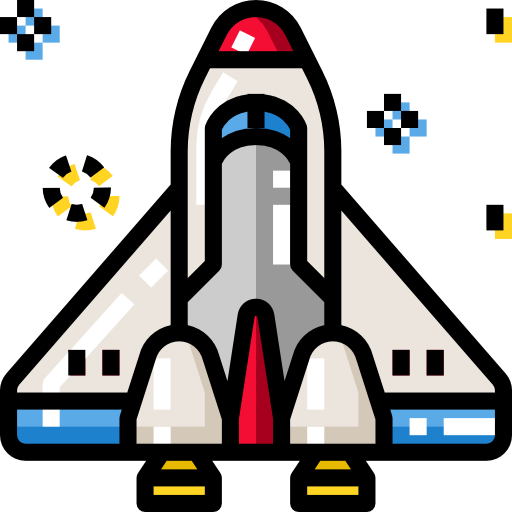
International Space Olympiad (ISO)
The International Space Olympiad is a globally recognized competitive examination conducted by the Olympiad Examination Council. The main objective of this examination is to create interest in subjects like Space Science, Space Technology and Astronomy and also to create research interest in Space Science among the students. This achieves the main objective of connecting students and researchers. Students from grade 5th to grade 10th can appear for this exam and the syllabus asked for this exam is from school level science and geography. This exam is conducted every year in all the international languages of the world as well as in all the national languages of India. Science and Geography are given equal weightage in that the exam is conducted entirely under multiple choice mode.